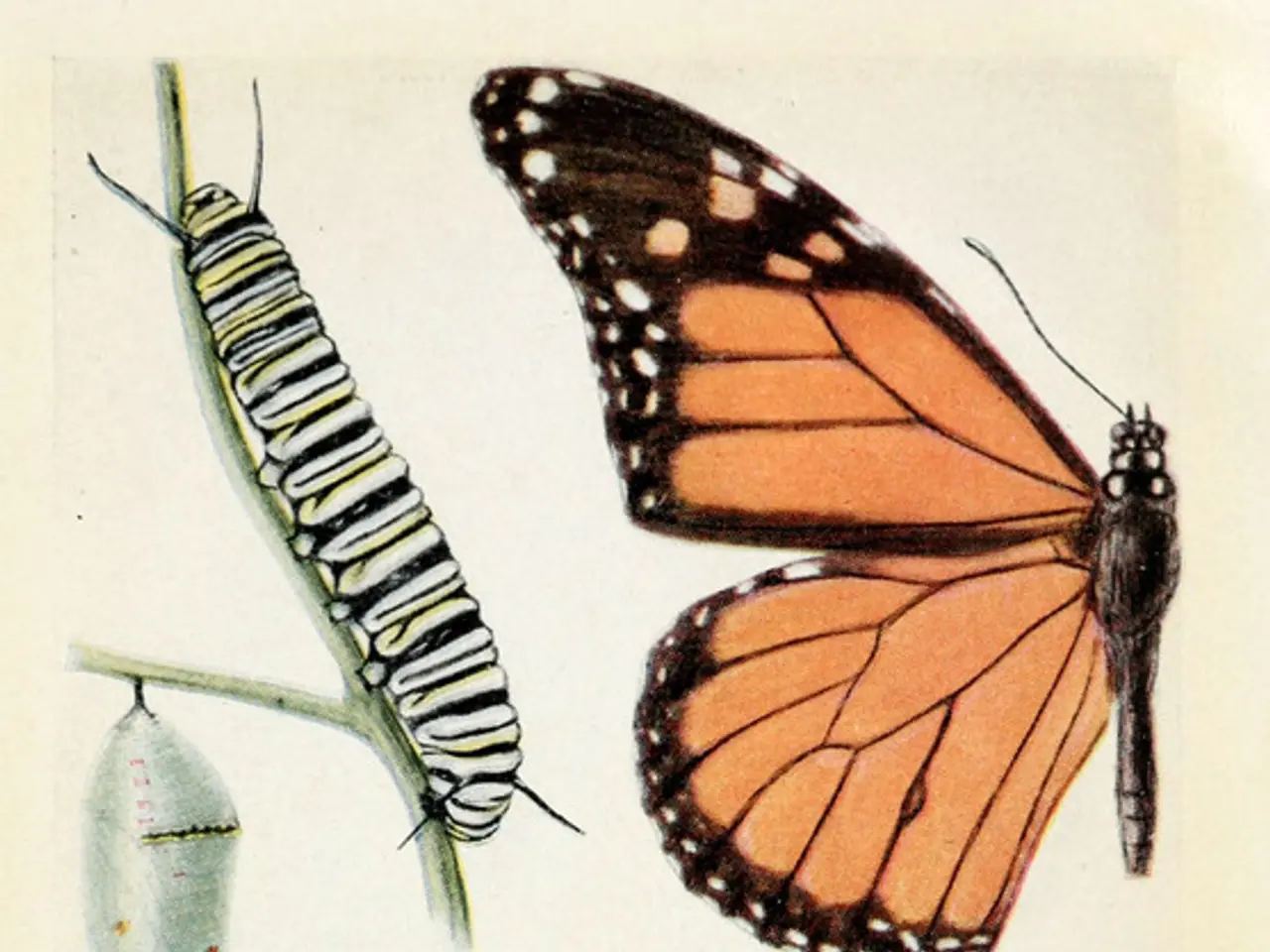"Ideological brain infestation, as manifested through anti-Semitism"
Living in a Parasitic Mind: Gad Saad on Irrational Ideas Gone Wild
Gad Saad, a renowned evolutionary psychologist, gives his take on the surge of irrational ideologies across the Western world. In an interview with our website's Fraser Myers, Saad discusses similarities between his childhood in Lebanon in the 1970s and the current climate in the West, as well as the concepts of "parasitic" memes and "suicidal empathy."
Growing up with Irrationality
Saad grew up among the last remaining Jews in Lebanon during a brutal civil war. His recollections of daily life, including violent attacks and hate marches, echo what we're experiencing in the West today. The education system, too, bred a strong dose of anti-Semitism. At the age of eight, Saad heard a classmate declare his aspiration to become a "Jew killer."
Flash forward to modern-day Canada, and Saad's son shares a chilling anecdote similar to the story Saad personally escaped decades ago: if wearing a Star of David during a soccer match in Montreal's east end, the result could be fatal.
Parasitic Memes and Suicidal Empathy
Saad uses the term "parasitic" to describe the damaging memes or idea-viruses that spread in our society and resist fact-based reasoning. Drawn from the biological concept of parasitism, Saad highlights how certain harmful ideas like anti-Semitism and wokeness can infiltrate and harm individuals and societies.
The idea of "suicidal empathy" refers to individuals giving more empathy to hate-motivated groups than deserving groups, like veterans or law-abiding citizens. This misfiring of empathy leads to idealogical blind spots and poor decision-making, leading Saad to believe that the answer to pushing back lies in continued repetition and conversation that challenges these deeply entrenched beliefs.
Breaking the Cycle of Parasitic Memes
Saad acknowledges that reversing the tide of parasitic memes is a formidable challenge. However, he remains hopeful, citing a cultural shift that allows for more open and critical dialogue as a crucial step in restoring rational thought in our societies. While the battle is not won with a single term change, Saad encourages ongoing discourse and debate to chip away at these deeply ingrained ideologies.
You can watch the full interview here. Stay tuned for more thought-provoking stories, analysis, and insights from our website. Want to join the discussion? Become a supporter today.
- Saad associates the rise of harmful memes or idea-viruses that resist fact-based reasoning in society with the concept of "parasitic" memes, comparing it to biological parasitism.
- In the context of current Western societies, Saad believes the idea of "suicidal empathy" occurs when individuals give more empathy to hate-motivated groups, resulting in idealogical blind spots and poor decision-making.
- To combat the spread of parasitic memes and promote a return to rational thought, Saad suggests a cultural shift allowing for open and critical dialogue, emphasizing the importance of ongoing discourse and debate in breaking the cycle.





